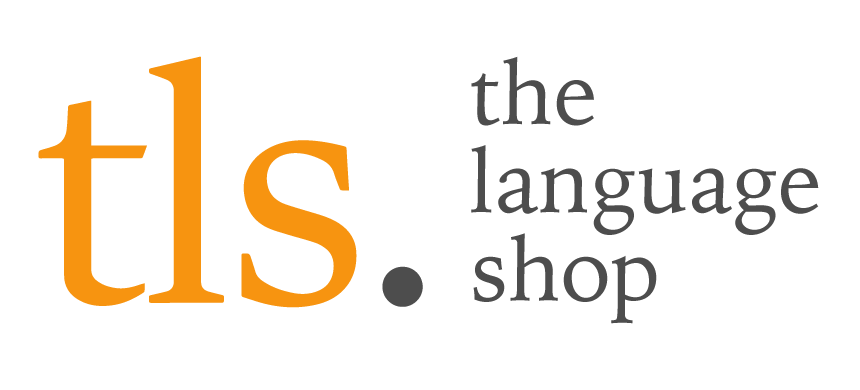Spoken in: Algeria, Bahrain, Egypt, Iraq, Jordan, Kuwait, Lebanon, Libya, Mauritania, Morocco, Oman, Palestine, Qatar, Saudi Arabia, Sudan, Syria, Tunisia, United Arab Emirates (UAE), Yemen – and more!
Number of native speakers: Approximately 456 million.
Learn some: The most common greeting you will hear is ‘as-salaam alaykum’, meaning ‘peace be upon you’. The response to this is ‘wa alaykum as-salaam’, which means ‘and peace be upon you’. These are traditionally religious greetings, exchanged between Muslims. If you prefer, you can use the generic ‘ahlan’, which just means ‘hi’.
Interesting facts:
- Arabic is a very romantic language. As well as being known for its poetic tradition and flowery prose, there are at least 14 words to describe love – some say even more! They describe the subtly different stages of falling for someone, from the initial physical attraction, al hawa, all the way through to the feeling that you have found a soulmate, al kholla, or ‘unification’. Translators of Arabic poetry do not have an easy task on their hands!
- While Arabic is known as one language, there are at least 30 varieties. This is because it is so widely spoken that different countries and regions have developed their own dialects. Often, Arabic speakers from different parts of the world will revert to Modern Standard Arabic, so that they can understand each other. This is based on the Egyptian dialect.
- Learning Arabic is good for your brain! A 2010 study revealed that people reading Arabic use both sides of their brain simultaneously, unlike any other language, as far as we know. This may be down to the complexity of the language and how it is written.
The Language Shop (tls) provides interpreting and translation support in Arabic. Ask your account manager if you would like more information.

